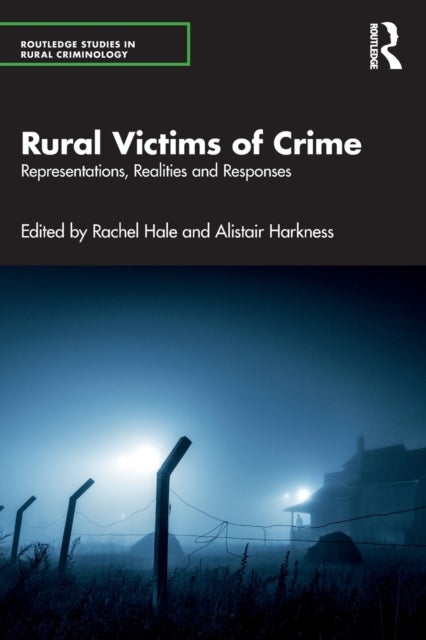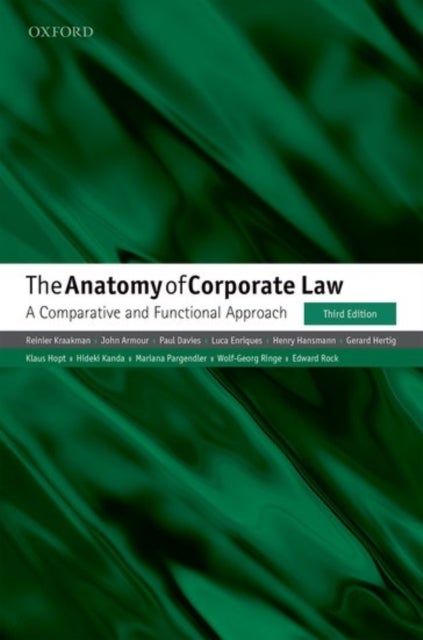
Rural Victims of Crime
469,-
<I><P>Rural Victims of Crime </I>offers a pioneering sustained assessment of ¿the rural victim¿. It does so by examining and analysing the conceptual constructs of a victim and challenging the urban bias of victimisation and victimology in criminological study. Indeed, far too much criminological scholarship is based on the false assumption that rural areas are relatively crime free ¿ and thus free, too, of victims.</P><P>Providing international perspectives, chapters in this edited collection focus centrally on notions of place and space, and constructions of rural victims in a variety of contexts, exploring the impact that geographic location has on the type and prevalence of victimisation. The concept of victimisation is often considered in terms of interpersonal relationships between humans, neglecting the potent impact of victimisation of non-humans and the natural and built environment. <I>Rural Victims of Crime </I>discusses existing notions of victimology in relation to non-hum








